The Vincentian Family Homeless Alliance (VFHA) recently met in New York with NGO representatives, UN agencies, member states, and others, to brainstorm about February’s Commission on Social Development. The theme of the 2020 Commission will be “Affordable Housing and Social Protection for All to Address Homelessness.”
Coordinated by the Working Group to End Homelessness (WGEH), which includes nine Vincentian Family NGO representatives to the UN, the collaborative June 4 dialogue was designed to ensure the Commission will have tangible impact upon persons without homes. It was the first event among several to keep momentum at the UN going in terms of prioritizing the issue of homelessness. The VFHA and the Institute of Global Homelessness have been strong partners with the WGEH in focusing upon homelessness.
Key to an effective February Commission is listening to persons who have experienced homelessness, so that resolutions and policies truly arise from felt need. Perhaps the most powerful speaker at the recent dialogue was Iris Bailey, who was evicted for being simply $253 behind in rent.
“You’ve got to live it (homelessness) to know it,” said Ms. Bailey, who recently acquired a home.
“Homelessness is not mere misfortune but a violation of human rights.” — Craig Mokhiber, UN Office of the High Commissioner for Human Rights
She urged the group to advocate for resources which would help people living without homes. Ms. Bailey had submitted an application for financial help, but was evicted by the time it was approved. She was placed in a facility with no elevator. Residents include many people with mental illness. She found that experience outrageous and scary.
“I had to pretend things were normal when I knew they were not,” said Ms. Bailey.
Treating people with dignity was another of Ms. Bailey’s recommendations. She further had a word for those in government and construction– “Don’t build more shelters; build affordable housing.”
The meeting began with an introduction by Guillermo Campuzano, CM, who is Chair of the Working Group to End Homelessness. It was moderated by Jean Quinn, of the Daughters of Wisdom and Director of UNANIMA. Campuzano noted that civil society is looking for several things with regard to the February Meeting at the UN:
- An international description or definition of homelessness.
- Measurement and analysis of data regarding homelessness.
- Raising greater awareness at the UN about homelessness. (Links between the Sustainable Development Goals and Homelessness were provided).
- Social protection systems and a systemic way of addressing housing.
- A human rights approach
- Linking homelessness to sustainable societies. (UN Habitat is focusing on sustainable cities. Campuzano mentioned that addressing homelessness is part of achieving that goal).
Homelessness is a complex phenomenon, said Daniela Bas, Director of the UN’s Department of Economic and Social Affairs (DESA) Division for Inclusive Social Development. Addressing homelessness is about ensuring the dignity and wellness of all so that their rights are protected. She pointed out that it affects many groups, such as elderly persons, youth, indigenous populations, women, and families, among others. Focusing on homelessness requires inclusiveness, social protection, peace and security, and policies, she indicated. Policies are vital in ensuring that the human right to adequate housing is protected, she said.
Winifred Doherty, NGO Representative for the Congregation of Our Lady of Charity of the Good Shepherd, said that it is vital to link social protection with homelessness. She further spoke of the effects of homelessness on women and children, explaining that children who are homeless experience other issues such as malnutrition and challenges in accessing health care and education. She said there is a moral imperative to provide housing.
“You can’t access social protection without an address,” said Doherty. “There’s no address if there’s no dwelling.”
“Homelessness is not mere misfortune but a violation of human rights,” said Craig Mokhiber, from the New York Office of the UN High Commissioner for Human Rights. He pointed out various international legal obligations, including the Universal Declaration of Human Rights, which support the right to adequate housing.
“Homelessness is not a personal failure but the failure of housing systems.” — Dame Louise Casey, Vincentian Family Homeless Alliance
Mokhiber said what must be decided is whether we accept a vision of housing for the 100 million who are without it and 1.6 billion with inadequate shelter, or view housing as a commodity. (The commodification of housing focuses on homes as sources of profit rather than as environments for the nurturing of families. The resulting constant increase in housing costs puts homes out of reach for many). He mentioned that trillions are spent on real estate and that commodification of housing must be addressed if homelessness is to be resolved. He further called for reversing 40 years of brutal economic policies (which also have contributed toward the lack of adequate housing).
Dame Louise Casey, from the Vincentian Family Homeless Alliance and Chair of the Institute of Global Homelessness, promised Ms. Bailey that she would take the cause of the right to housing throughout the globe. Homelessness is not a personal failure but the failure of housing systems, she said. She emphasized the importance of defining and measuring homelessness so that it can be addressed.
By Sr. Margaret O’Dwyer, DC

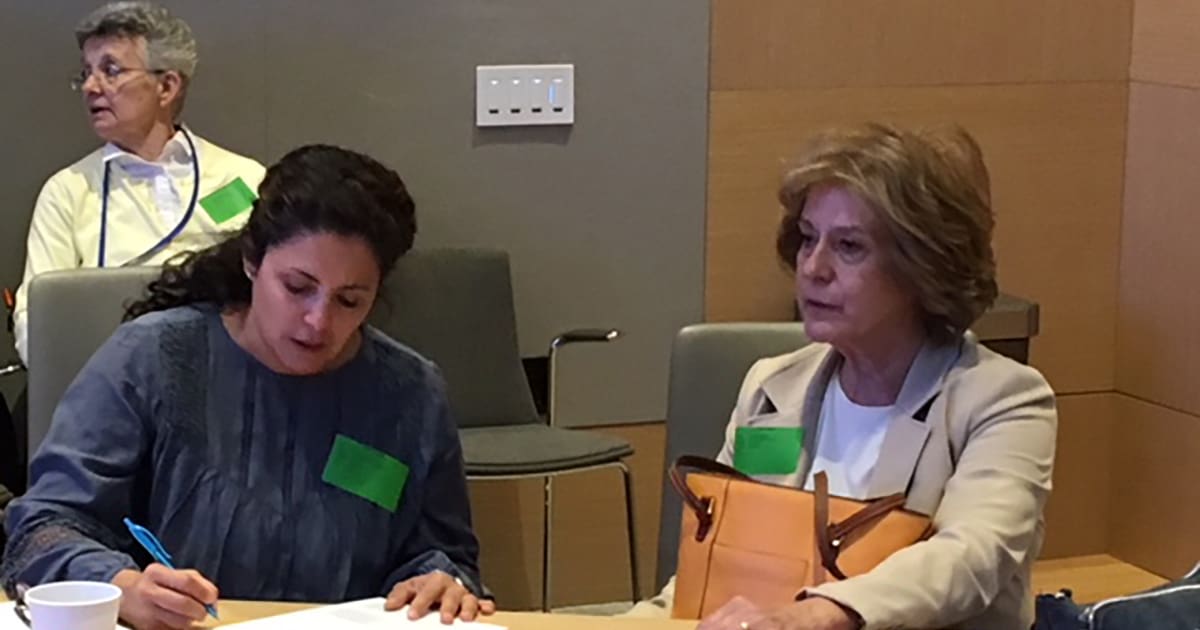

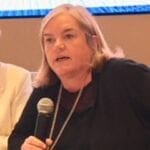

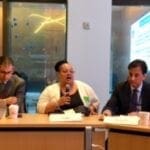
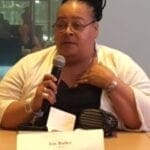
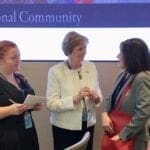
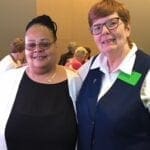
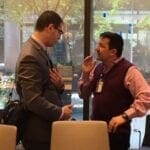


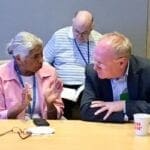
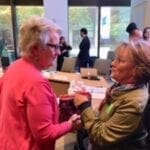
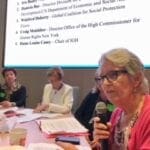




0 Comments